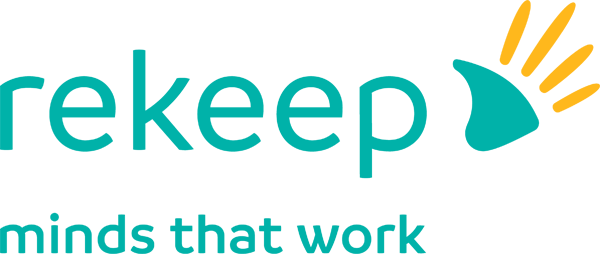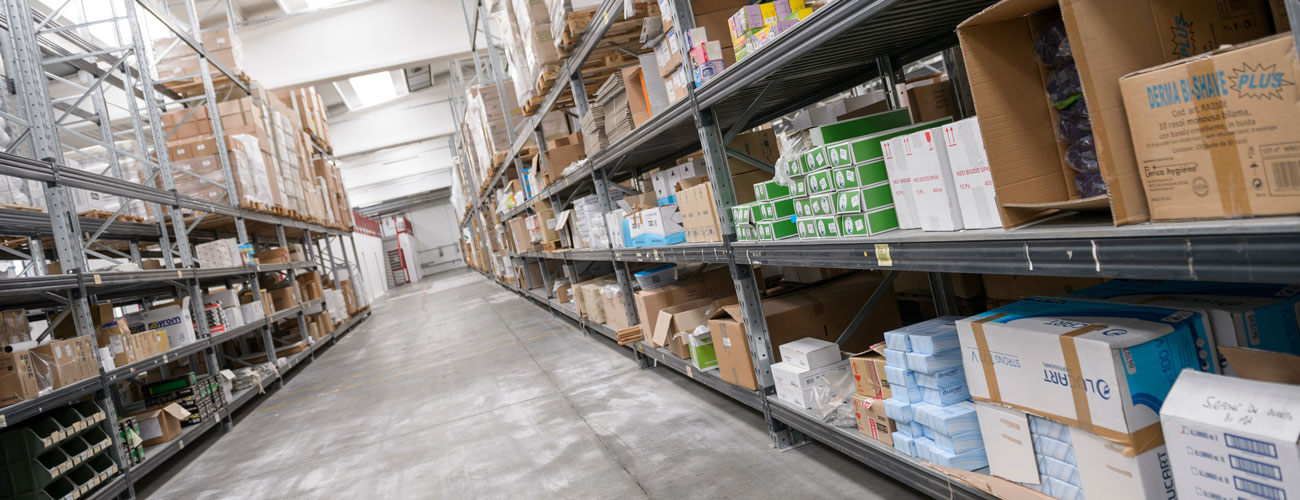
Customized and tailor-made solutions, safe and reliable processes and an end to end approach: Rekeep has developed an integrated logistics model suited to the needs of public and private health.
The current scenario
Healthcare logistics is a very complex issue due to increasingly stringent regulations, the impact in terms of cost and management, and the importance of all players in the logistics chain, from third-party providers to patients. At present, the national health system carries out all logistics-related activities largely on its own: such an effort often proves to be ineffective in terms of financial resources and organization and may even be unsustainable in the future.
Growing needs
The indices of old age and drug dependence in Italy are steadily increasing, with higher values especially in the North-Central regions. This also implies a gradually growing need for pharmaceutical goods and related health spending, whose per capita value increases in relation to two variables:
- Frequency of use (chronicity), which becomes greater in older age groups
- Use of new generation drugs, which have higher average prices.
New technology
Modern, smart and advanced logistics must be able to adapt to emerging trends and technological developments, working in synergy with all the players involved in the supply and distribution of drugs. The continuous development of new technology provides, in fact, valuable tools to optimize and improve healthcare logistics, but often requires specific know-how and high investments that hinder its diffusion.
For example, by taking advantage of the benefits and potential of connectivity, the Internet of Things and Artificial Intelligence in a proper manner, a large amount of data can be collected, which allows for the development of increasingly patient-oriented and product-specific tailor-made services.
Need to make pharmaceutical spending more efficient
The purchase and logistics of drugs and medical devices are the second largest item of expenditure for hospitals, accounting for an average of 20% of total costs: it is, therefore, crucial for healthcare facilities to make drug management more efficient without sacrificing quality, acting on waste reduction and rationalizing consumption.
Our proposal
In order to surmount the various critical issues involved in this steadily evolving scenario, Rekeep has designed and developed a service innovation proposal, an integrated logistics model capable of responding in the best possible way to the needs of public and private healthcare, with customized and tailor-made solutions, secure and reliable processes and an end-to-end approach.
It is essential to integrate the entire logistics chain in such a way as to generate operational efficiencies capable of ensuring "the right drug to the right patient at the right time", through a logistical process that starts from the reception of drugs in the storeroom and ends with the prescription and administration of a certain drug to a certain patient at any of the Departments/Services of the Hospital Trust, as illustrated in the infographic shown on the side.
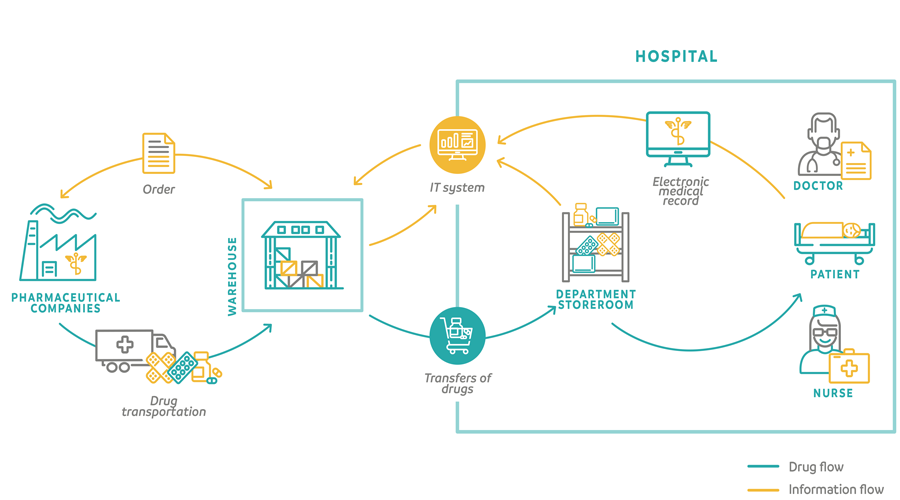
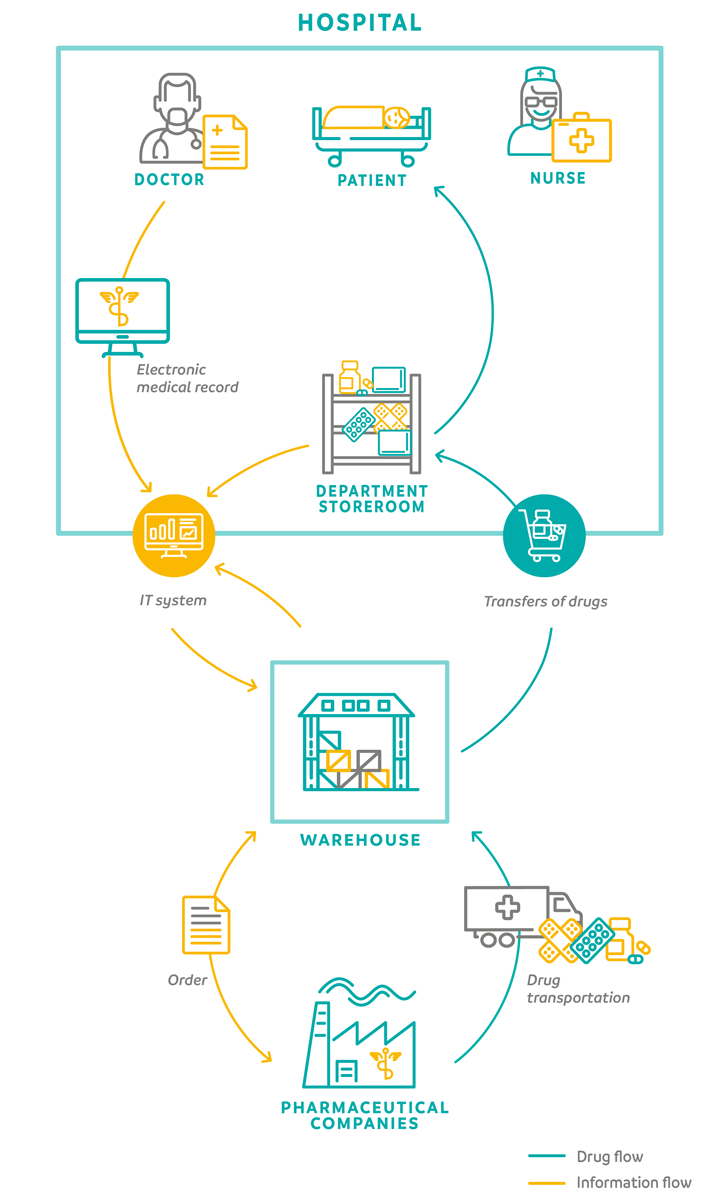
Strengths
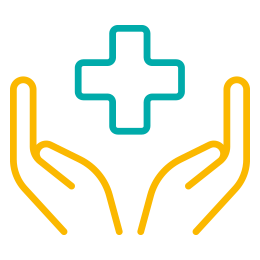
Clinical Risk Reduction
Highly computerized management of drug logistics generates a significant reduction in both the costs associated with therapeutic errors in the prescription, transportation, and administration and expenses necessary to remediate errors related to healthcare in general. This results in actual and substantial benefits for core health care, namely patient care.

Continuous improvement
- KPI monitoring
- Business Intelligence
- Quality Audit
- Planning and sharing improvement strategy
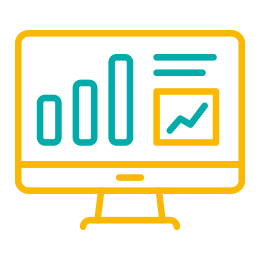
Information Technology
- Interface with present management system
- Historical consumption series analysis
- Digitization of processes
- Electronic medical record
Technology must support and not hinder the operations of healthcare staff. Targeted use of technology allows for the optimization of hospital logistics and hotel services, thus freeing up valuable time to devote to patient care.
Benefits
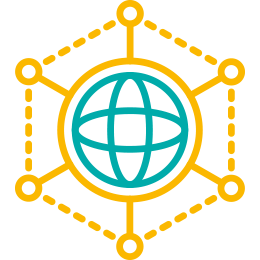
Operational benefits
- Simplification of operational requirements
- Optimization of macro and micro logistics processes
- Inventory management (stock and consignment account)
- Warehouse storage
- Consumption monitoring
- Product traceability
- Real-time monitoring of department and warehouse stock
- TairLogistics approach (multi-stakeholder approach)
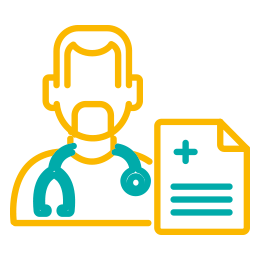
Clinical benefits
- Availability of effective tools for pharmacovigilance
- Reduction/elimination of clinical/therapeutic errors and related adverse events
- Control and traceability of prescriptions, therapies, and movements
- Optimization of human resources commitment
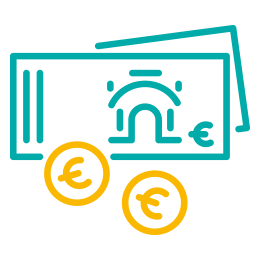
Economic benefits
- Lower consumption for drugs, medical devices and supplies with a 25% saving
- Lower operating costs
Healthcare logistics Hospitals and healthcare facilities IT Solutions Public and private partnership
Share
Rekeep S.p.a.
Sole-shareholder company
via Poli, 4 - 40069 Zola Predosa (BO) - ph. +39 051.3515111
VAT no./Tax code and Bologna Business Registry no. 02402671206
Share Capital Euro 109.149.600,00 fully paid in
Company subject to management and coordination by MSC Società di Partecipazione tra Lavoratori S.p.A.
